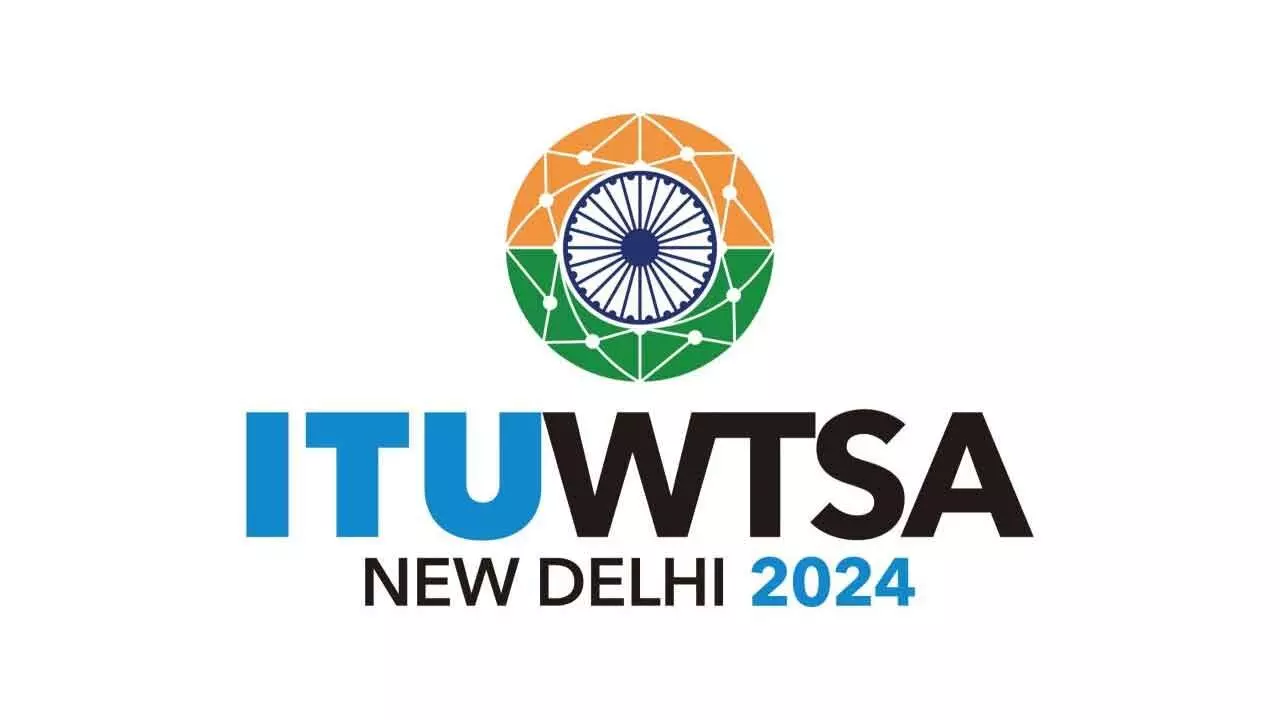WTSA-2024: India Leads Standards Development Process At The Global Level
India gets privilege of being the first country from the Asia-Pacific region to host WTSA
WTSA-2024: India Leads Standards Development Process At The Global Level

The ongoing discussions at WTSA focus on promoting standardisation on emerging technologies and developing new ITU-T resolutions on Digital Public Infrastructure, AI, post-quantum cryptography, Metaverse, OTT services and Sustainable Digital transformation.
Leading the standards development process at the global level, India saw its candidates being elected in leadership positions in all 10 study groups of the International Telecommunication Union’s (ITU) Standardisation sector (ITU-T), it was announced on Saturday.
While India retained the Chair position in one group, it secured the vice-chair positions in all other nine study groups and the SCV Committee, thereby increasing its leadership positions in ITU-T from seven in WTSA-2022 to 11 positions in WTSA-2024, said the Union Ministry of Communications.
Study groups are technical grouping of experts responsible for developing international standards for telecommunications technologies.
The International Telecommunication Union’s (ITU) World Telecommunication Standardization Assembly (WTSA) 2024 is currently being organised in New Delhi. It was inaugurated by Prime Minister Narendra Modi on October 15 and will continue till October 24.
It is for the first time that WTSA is being conducted in the Asia-Pacific region and it would set the direction of standardisation activities ITU-T and its work for the next four years (2024-2028).
During the WTSA-24, participating countries elected leadership positions of the various study groups.
India has significantly strengthened its position in the global telecommunication landscape, securing key leadership roles in all the ITU-T study groups.
The ongoing discussions at WTSA focus on promoting standardization activities on emerging technologies and developing new ITU-T resolutions on topics such as Digital Public Infrastructure, Artificial Intelligence, post-quantum cryptography, Metaverse, Over-the-top (OTT) services and Sustainable Digital transformation.

